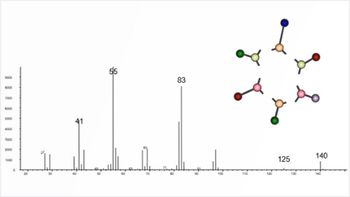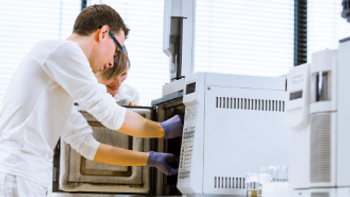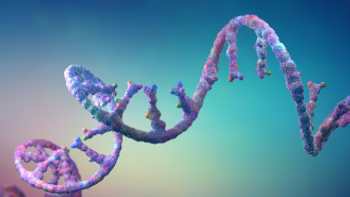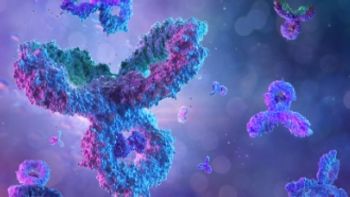
SEC-MALS Characterization of Block Copolymers
February 24th, 2022, at 8am PST | 11am EST | 4pm GMT | 5pm CET Join us for this informative webcast to learn how to illuminate block copolymers with SEC-MALS.
Register Free:
Event Overview:
Block copolymers are of great current interest, as routes to self-assembled nanostructures in solution and in bulk. Advances in controlled synthetic methodologies have greatly expanded access to such materials, yet routine characterization techniques are in some aspects inadequate. Block copolymers present particular challenges for characterization by size-exclusion chromatography (SEC), which will be identified and discussed. This webinar will review how adding detection by multi-angle light scattering (SEC-MALS) can solve some of these issues as well as the remaining difficulties.
Key Learning Objectives:
- Fundamentals, theory and instrumentation for SEC-MALS
- Introduction to block copolymers and the challenges in their characterization
- Benefits and limitations of SEC-MALS for block copolymer studies
Who Should Attend:
Graduate students, postdoctoral fellows, faculty, industrial scientists, and national lab staff members who are interested in synthesis, characterization, and/or use of block copolymers
Speakers
Timothy P. Lodge, Ph.D.
Regents Professor of Chemistry and of Chemical Engineering & Materials Science
University of Minnesota
Tim Lodge graduated from Harvard in 1975 with a B.A. cum laude in Applied Mathematics. He completed his PhD in Chemistry at the University of Wisconsin in 1980, and then spent 20 months as a National Research Council Postdoctoral Fellow at NIST. Since 1982 he has been on the Chemistry faculty at Minnesota, and in 1995 he also became a Professor of Chemical Engineering & Materials Science. In 2013 he was named a Regents Professor, the University’s highest academic rank, and he was named the inaugural Prager Chair in Macromolecular Science in 2021. He has been recognized with the American Physical Society (APS) Polymer Physics Prize (2004), the International Scientist Award from the Society of Polymer Science, Japan, (2009), the 2010 Prize in Polymer Chemistry from the American Chemical Society (ACS), and the Hermann Mark Award (2015) and the Paul Flory Education Award (2018) of the ACS Division of Polymer Chemistry. He has been elected to Fellowship in the American Association for the Advancement of Science, the APS, the ACS, and the Neutron Scattering Society of America. In 2016 he was elected to the American Academy of Arts and Sciences. From 2001–2017 Tim served as the Editor-in-Chief of the ACS journal Macromolecules. In 2011 he became the founding Editor for ACS Macro Letters. He has served as Chair of the Division of Polymer Physics, APS (1997–8), and as Chair of the Gordon Research Conferences on Colloidal, Macromolecular and Polyelectrolyte Solutions (1998) and Polymer Physics (2000). Since 2005 he has been Director of the NSF-supported Materials Research Science & Engineering Center at Minnesota. He has authored or co-authored over 480 papers in the field of polymer science, and advised or co-advised over 90 PhD students. His research interests center on the structure and dynamics of polymer liquids, including solutions, melts, blends, and block copolymers, with particular emphases on self-assembling systems using rheological, scattering and microscopy techniques.
Nemal Gobalasingham, Ph.D.
Global Training Manager and Application Scientist
Wyatt Technology
Nemal Gobalasingham joined Wyatt Technology in 2018 as an application scientist in the customer support team, where he provides application support and training for customers in a broad array of fields. He is also the global training manager at Wyatt Technology and responsible for the advanced training and development programs for our field scientists and Wyatt representatives across the world. His specializations are in separation science (size-exclusion chromatography and asymmetric flow field-flow fractionation (AF4)) and Wyatt’s suite of analytical multi-angle light scattering, differential viscometry, and dynamic light scattering instruments. He graduated with a B.S. in chemistry with honors from Syracuse University contributing to two papers on noncovalent assemblies and received his Ph.D. in chemistry from the University of Southern California, contributing to fourteen publications on polymer science.
Register Free:
Newsletter
Join the global community of analytical scientists who trust LCGC for insights on the latest techniques, trends, and expert solutions in chromatography.




